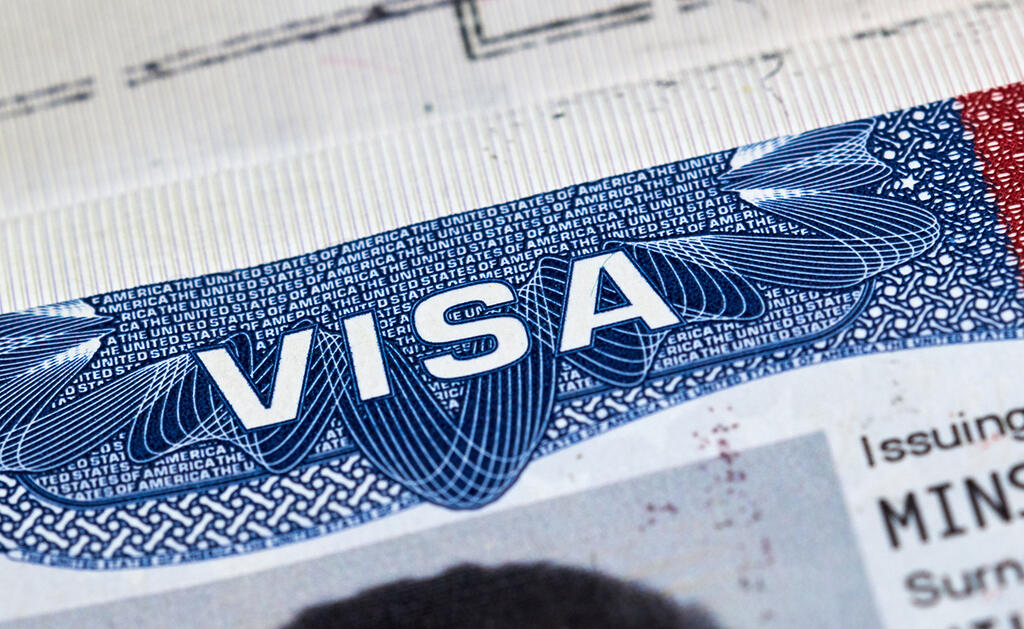The pending dissolution of the Knesset and the elections expected in the fall, could delay Israeli admission to the U.S. Visa Waiver Program (VWP), which would exempt Israelis from obtaining tourist visas ahead of travel to the U.S.
Legislation required for Israel to meet U.S. requirements of the program, has not yet been completed and could now be suspended.
One prerequisite originates in the U.S. Department of Homeland Security, which demands is full disclosure of criminal and security information on people boarding U.S. bound flights.
An official at the U.S. embassy said on Tuesday that completing the necessary legislation, will be up to the Knesset.
"Israel has made great strides towards compliance with the program in the past six or seven months including on the discloser of information that could raise red flags," the officials said. "But the process cannot be completed without legislative steps by the Knesset in order to comply with the demands of Homeland Security," he said.
“There are some pieces of legislation that are in the Knesset that are in various stages of being introduced or being read, and it’ll be up to the caretaker government to determine whether those pieces of legislation are important enough for national interest to continue to advance, or if they need to wait for the fall.”
Another requirement is that Israel lowers the visa application rejection rate to bellow three percent. The U.S. still not does not have data for this fiscal year's rejection rate, which is expected in early 2023.
If the data released reveals that Israel failed to drop below three percent, it will have to wait another year to apply for inclusion into the VWP.
Interior Minister Ayelet Shaked previously predicted that Israel would be included in the VWP by 2023. However, even if the Knesset does manage to meet the requirements to enter this year's list, it seems the soonest the plan could come into action is mid to end 2023.
The American official claimed that most of the visa refusals were rejected on the basis of administrative issues such as invalid passport pictures or errors in registration.
While the Israeli government's public campaign which urges Israelis to carefully fill out their forms, yielded results, the official said, “it is still too early to bet whether Israel will indeed fall below 3% refusal rate,” adding that it takes time for the U.S. to release the final data.
Meanwhile, the U.S. embassy is attending to a long list of Israelis waiting to secure an interview required for an entry visa to be issued .
The official said that while the pandemic also played a major role, the holdback is largely due to the fact that many Israelis seek interviews even though they could complete the process online and receive the visa via email.



